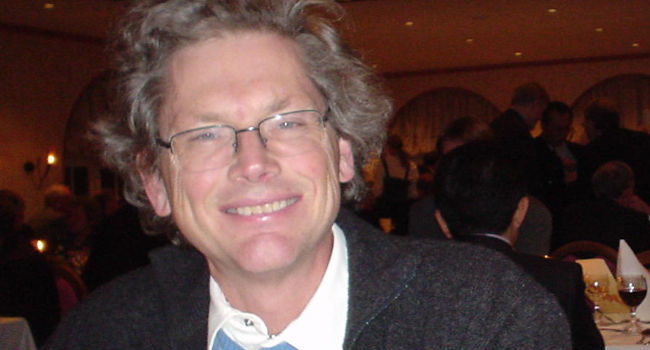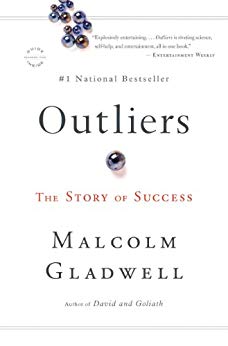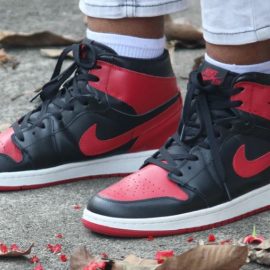

This article is an excerpt from the Shortform summary of "Outliers" by Malcolm Gladwell. Shortform has the world's best summaries of books you should be reading.
Like this article? Sign up for a free trial here .
In Outliers, Bill Joy, co-founder of Sun Microsystems, is used as an example of the luck of timing. What made Bill Joy such an outlier, even among very talented Silicon Valley people?
Outliers in Silicon Valley
An inordinate number of successful computer programmers were born between 1952 and 1958.
- Bill Gates: founder of Microsoft, born 1955
- Paul Allen: co-founder of Microsoft, born 1953
- Steve Ballmer: third richest man at Microsoft, born 1956
- Steve Jobs: co-founder of Apple Computer, born 1955
- Eric Schmidt: Chief executive officer of Google and founder of Novell software firm, born 1955
These individuals came of age during the dawn of the personal computer in 1975.
Individuals born before the “sweet spot” of the 1950’s were too old and set in their ways to be willing to take risks on new ventures. Individuals born after missed their chance to get in at the start of a revolution.
Let’s look at two computer programmers whose life stories show how good timing combined with hours of practice results in success.
Outliers Example #1: Bill Joy
Bill Joy, the “Edison of the Internet” and cofounder of Sun Microsystems (one of the most important companies in Silicon Valley), first discovered computer programing at the University of Michigan. He went on to make several significant contributions to the world of computer science.
Joy had several extraordinary opportunities to develop his skills. These opportunities depended on timing and allowed him to accumulate hours of practice:
Bill Joy Was in the Right Place at the Right Time
Outliers Opportunity #1: In 1971, the University of Michigan was one of the first universities to transition from a clumsy, time-consuming punch card computer system to a more efficient time share system. This system allowed multiple users to program at once. (Bill Joy says if he had been a little older and faced with dealing with the tedious punch card system, he would have abandoned computer science and studied biology.)
Because of his birth year (1954), Joy was one of the first students at the university to use the new computer system. Students born before him didn’t have this technology. Students born after him missed the small window of time to write code for accessing the internet, as Bill Joy did.
Outliers Opportunity #2: Because of a bug in software designed to restrict students’ allotted computer time, Bill Joy was able to hack the system and extend his hours of coding practice.
Outliers Opportunity #3: The computer center was open 24 hours, allowing Bill Joy unlimited access. He spent 8-10 hours a day programming.
Bill Joy estimates that by the time he felt proficient in computer programming (his second year in graduate school at Berkeley), he had logged approximately 10,000 hours of practice. But he never would have logged that many hours if his birth year and a series of lucky breaks hadn’t given him the opportunities for practice.
———End of Preview———

Like what you just read? Read the rest of the world's best summary of "Outliers" at Shortform . Learn the book's critical concepts in 20 minutes or less .
Here's what you'll find in our full Outliers summary :
- What makes some people outliers, and most others not
- Why some genius outliers end up failing in life
- Why Asians are good at math, and other curiosities of culture






